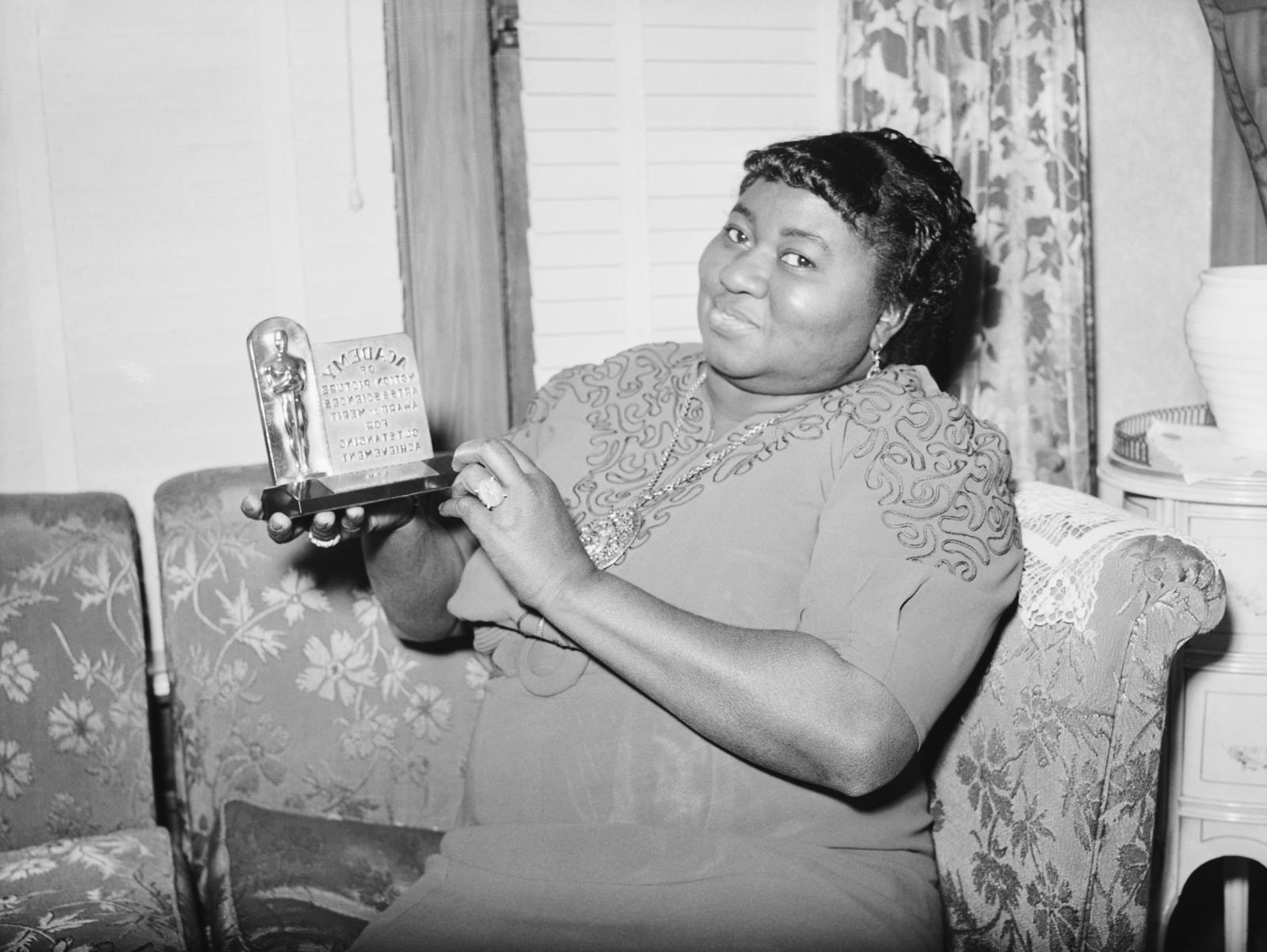
Ever wondered about the trailblazers who paved the way in Hollywood for African American actors? Well, Hattie McDaniel is a name that should definitely ring a bell! She wasn't just any actress; she was a pioneer, a woman of many firsts, and her story is nothing short of inspiring. But how much do you really know about her? Sure, you might be aware that she was the first African American to win an Oscar, but that's just the tip of the iceberg. From her early days in Wichita, Kansas, to her groundbreaking role in "Gone with the Wind," McDaniel's life was filled with fascinating facts that many of us are unaware of. Ready to get the lowdown on some truly amazing Hattie McDaniel facts? Let's dive into the life of this iconic figure and uncover the stories that made her the legend she is today.
Key Takeaways:
- Hattie McDaniel was a trailblazing actress who broke racial barriers in Hollywood, winning the first Academy Award for an African American. Her resilience and talent continue to inspire future generations.
- Despite facing racial challenges and financial struggles, Hattie McDaniel's historic Oscar win and determination paved the way for future African American actors and actresses, leaving a lasting impact on the entertainment industry.
Who Was Hattie McDaniel?
Hattie McDaniel, born on June 10, 1893, in Wichita, Kansas, was a trailblazing actress, singer, and comedian. She made history by becoming the first African American to win an Academy Award. Her portrayal of Mammy in the 1939 film "Gone with the Wind" earned her the Oscar for Best Supporting Actress. McDaniel's career spanned over radio, film, and television, breaking racial barriers in the entertainment industry during a time of widespread segregation and discrimination.
Early Life and Career Beginnings
-
Hattie McDaniel was the youngest of 13 children. Her parents, both former slaves, instilled in her a strong work ethic and a love for performance from a young age.
-
Before her Hollywood success, McDaniel was a talented singer and songwriter. She performed with her brother's minstrel show and recorded several songs, showcasing her versatile vocal abilities.
Breaking Barriers in Hollywood
-
McDaniel's role in "Gone with the Wind" was groundbreaking. Despite the film's controversial portrayal of slavery and the Civil War, her performance was universally praised.
-
At the 1940 Academy Awards, McDaniel wasn't allowed to sit with her co-stars due to segregation laws. She sat at a segregated table at the back of the room, highlighting the racial challenges she faced even at the peak of her career.
Legacy and Honors
-
Beyond her Oscar win, McDaniel has received numerous posthumous honors. In 1975, she was inducted into the Black Filmmakers Hall of Fame.
-
In 2006, the U.S. Postal Service issued a stamp in her honor, recognizing her contributions to American cinema and her role in breaking racial barriers.
Challenges and Controversies
-
Throughout her career, McDaniel faced criticism from both white and African American communities. Some accused her of perpetuating racial stereotypes through her roles, while she argued that she was opening doors for future generations of African American actors.
-
Despite her success, McDaniel struggled financially. She was forced to sell her Oscar to pay for medical expenses, and the award has since been lost.
Hattie McDaniel's Impact on Future Generations
-
McDaniel paved the way for future African American actors and actresses. Her perseverance and success in an industry rife with racism inspired many.
-
Today, McDaniel is remembered not only for her historic Oscar win but also for her resilience and determination to succeed against all odds.
Personal Life and Final Years
-
McDaniel was married four times. Her personal life, often scrutinized by the press, showed her resilience in facing personal and professional challenges.
-
She passed away from breast cancer on October 26, 1952, in Los Angeles, California. McDaniel's final wish was to be buried in Hollywood Cemetery, but due to segregation laws at the time, her request was denied.
Posthumous Recognition
-
In 1999, Tyler Perry purchased a plaque to honor McDaniel, which was placed at Hollywood Forever Cemetery, fulfilling her wish to be remembered in Hollywood.
-
McDaniel's legacy continues to inspire. In 2020, she was featured in Netflix's "Hollywood," a series that reimagines her story and contributions to the film industry, ensuring her groundbreaking achievements and struggles against racial discrimination are not forgotten.
A Final Nod to Hattie McDaniel's Legacy
Hattie McDaniel's journey, marked by groundbreaking achievements and relentless spirit, leaves an indelible mark on Hollywood and beyond. Her role in Gone with the Wind not only earned her an Oscar but also paved the way for future generations of African American actors. McDaniel's talent, resilience, and pioneering efforts in challenging racial barriers highlight her as a true icon. Her story, filled with triumphs and challenges, continues to inspire and resonate with many, reminding us of the power of perseverance and the importance of breaking down societal barriers. As we reflect on McDaniel's contributions, let's celebrate her enduring legacy and the doors she opened for those who followed. Her life's work serves as a testament to the impact one individual can have in fostering change and advancing equality in the arts.
Frequently Asked Questions
Was this page helpful?
Our commitment to delivering trustworthy and engaging content is at the heart of what we do. Each fact on our site is contributed by real users like you, bringing a wealth of diverse insights and information. To ensure the highest standards of accuracy and reliability, our dedicated editors meticulously review each submission. This process guarantees that the facts we share are not only fascinating but also credible. Trust in our commitment to quality and authenticity as you explore and learn with us.
